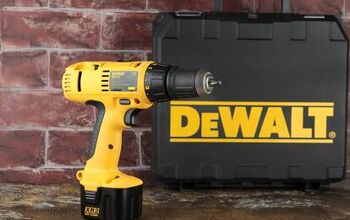Can You Park A Boat In Your Driveway? (Find Out Now!)

You love spending time in your boat fishing, waterskiing, and just enjoying time with friends and family. Knowing where to park your boat near the water is easy. Finding a safe and secure place away from the water is more challenging. You might be wondering if you can park a boat in your driveway.
Legally, you can park a boat in your driveway. The exception is if your homeowner’s association or property management doesn’t allow boats in driveways. Concrete, asphalt, or gravel driveways are best, and the surface should be level. Put blocks against the tires of the boat trailer, and lower the winch onto a piece of wood to protect the driveway.
Boat parking laws in your area determine if you can legally keep a boat in your driveway. You should also consider the best surfaces for driveways, and how to safely maneuver the boat trailer.
Do You Need a Brick and Stone Floor Contractor?
Get free, zero-commitment quotes from pro contractors near you.

Is It Legal to Park a Boat in Your Driveway?
Your driveway is considered private property, but that does not necessarily mean that you can park your boat there. Some neighborhoods only allow boat parking in driveways for a few days or less. The reason why this is so closely monitored is that a boat affects the aesthetics of the neighborhood.
Depending on the size of your boat, it may take up your entire driveway, and this means that your cars are now parked in the road. This is another reason why local laws and community regulations disallow boat parking in driveways.
Can You Park a Boat on the Street?
Most jurisdictions have laws about parking oversized loads on public streets in residential areas, even if its just overnight. A boat is considered an oversized load because it is larger than a passenger vehicle.
Check with local law enforcement about the laws in your community. Some areas do allow boats to be parked on the streets for 2 to 7 days. It really depends on the width of the street, traffic patterns, and traffic laws.
Private Communities and Boat Parking
Private communities, including apartment complexes, have rules about parking. This may be a homeowner’s association, property management company, or your landlord. Check with them to find out if you can park a boat in your driveway, on the street, or in a shared parking area.
How Much Room Does a Boat Need in a Driveway?
When you decide to park your boat and trailer at home, you need to make room for the boat on the driveway. But, how much room do you need? Consider not only the size of your boat, but also the room you need to safely back the trailer into the driveway.
The best way to determine how much room you need for your boat and trailer is to practice in a large, empty parking lot. Have someone take measurements as you back up the trailer. Set up the area to mimic your driveway in length, width, and configuration.
Once you have the measurements, you can decide if your driveway is large enough for your boat. This is also a good exercise if you’re looking to buy a boat and need to know if it will fit your driveway.
Does a Boat Damage a Driveway?
A boat and trailer can damage your driveway. The driveway surface may not hold up to the added weight of a boat and trailer. A boat trailer winch, if not properly secured, digs into driveway materials, especially asphalt. The propeller and fins of the boat engine can do some serious damage, as well.
Best Type of Driveway for a Boat
The best type of driveway for a boat is one that has plenty of room for backing up the trailer. The driveway should also have room for the boat and other vehicles and a very strong surface material.
Driveway Size
If you practice backing up your boat trailer in a parking lot and find that your driveway is too small, consider a driveway extension. Add width to the driveway at the end that is close to your house. You can back the trailer straight up the driveway, and then maneuver the trailer in the wider area. A driveway extension also sets aside space that is only for your boat and trailer.
Driveway Material
The three materials to consider for parking a boat in your driveway are concrete, asphalt, and gravel. Avoid using bricks or pavers, as they don’t provide a solid surface for your boat.
Concrete, by far, is the best material for parking a boat in your driveway. It is durable and resistant to heat. Concrete is also very easy to clean should you find oil or other fluids under your boat. The downside to concrete is that it is the most expensive driveway material.
Asphalt is the second option for parking a boat in your driveway. It is more affordable than concrete, but it does require some maintenance. Expect to have indentations under the tires of your boat trailer if it sits for a long time.
Gravel is the most affordable option for a driveway with boat parking. It is difficult to clean, and gravel washes away with a good amount of rain.
Safety Tips for Parking a Boat in Your Driveway
Blocks and metal winch, fire
Here are some safety tips for how to safely park your boat at home.
- Park on a level surface
- Block the tires of the trailer
- Leave some space between your home and the boat (in case of fire)
- Place a block of wood under the winch
- Keep children and pets away from the boat
Do You Need a Brick and Stone Floor Contractor?
Get free, zero-commitment quotes from pro contractors near you.

Related Questions
How do you park a boat on a steep incline?
Keep the back of the boat pointing downhill. Block the tires with wood or wheel chocks.
Conclusion
Sometimes you need to park your boat at home. By following local laws and community rules, you may be able to keep your boat at home, although it may only be a temporary solution. If you are allowed to park a boat on your driveway, avoid costly repairs by checking the strength of the driveway material. Make sure to give yourself plenty of room to maneuver the boat trailer.

Jennifer L. Eggerton loves being hands-on, whether it's with a home DIY project, making repairs, re-decorating a room, or keeping life organized. She enjoys helping people by sharing her knowledge, insights, and experiences, as well as her lessons learned. In addition to her work as a writer, Jennifer is a Jeep® overlander, self-published author, and nature photographer who loves being outdoors.
More by Jennifer Eggerton



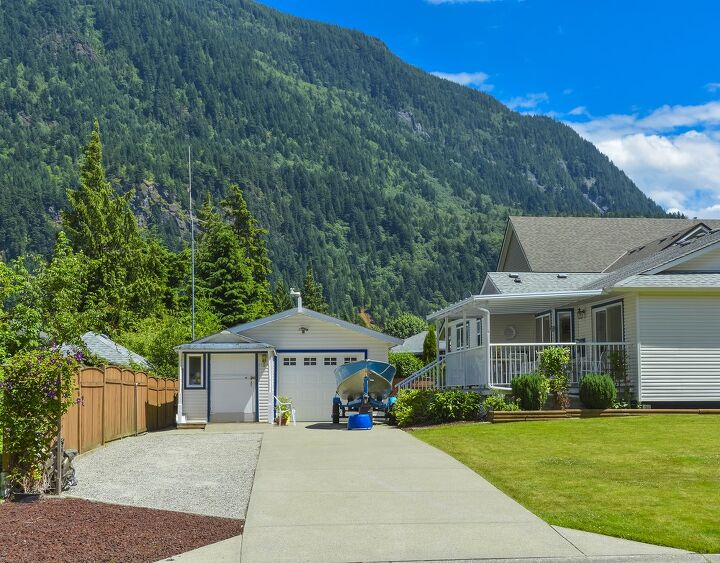






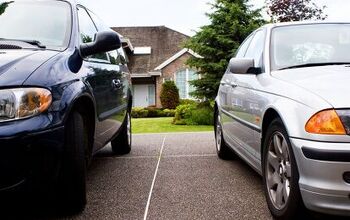

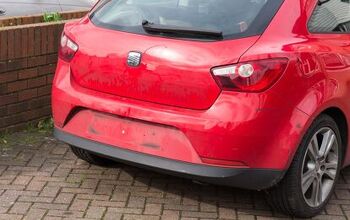
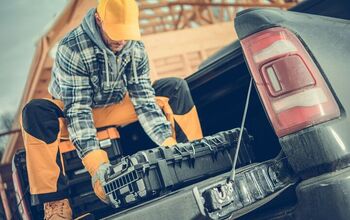
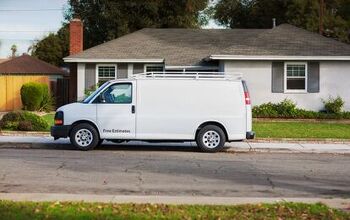


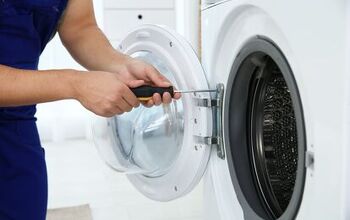
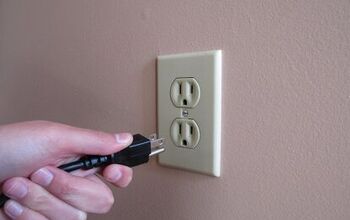
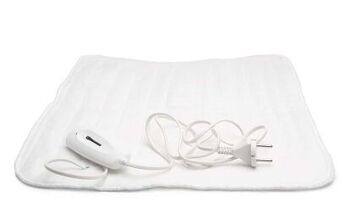
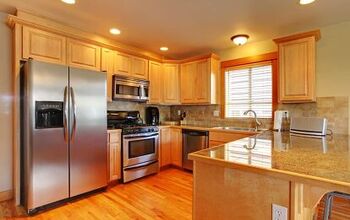
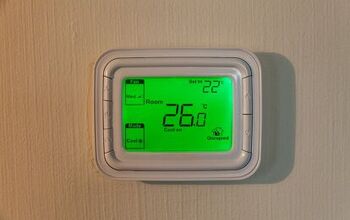
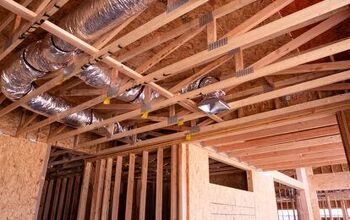
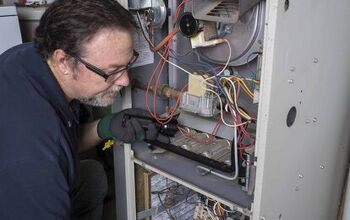

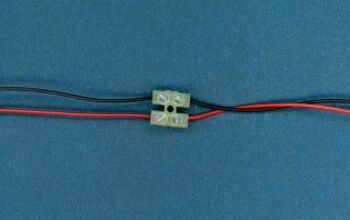
![10 Most Dangerous Neighborhoods in Baltimore [Updated]](https://cdn-fastly.upgradedhome.com/media/2023/07/31/9075655/10-most-dangerous-neighborhoods-in-baltimore-updated.jpg?size=350x220)
